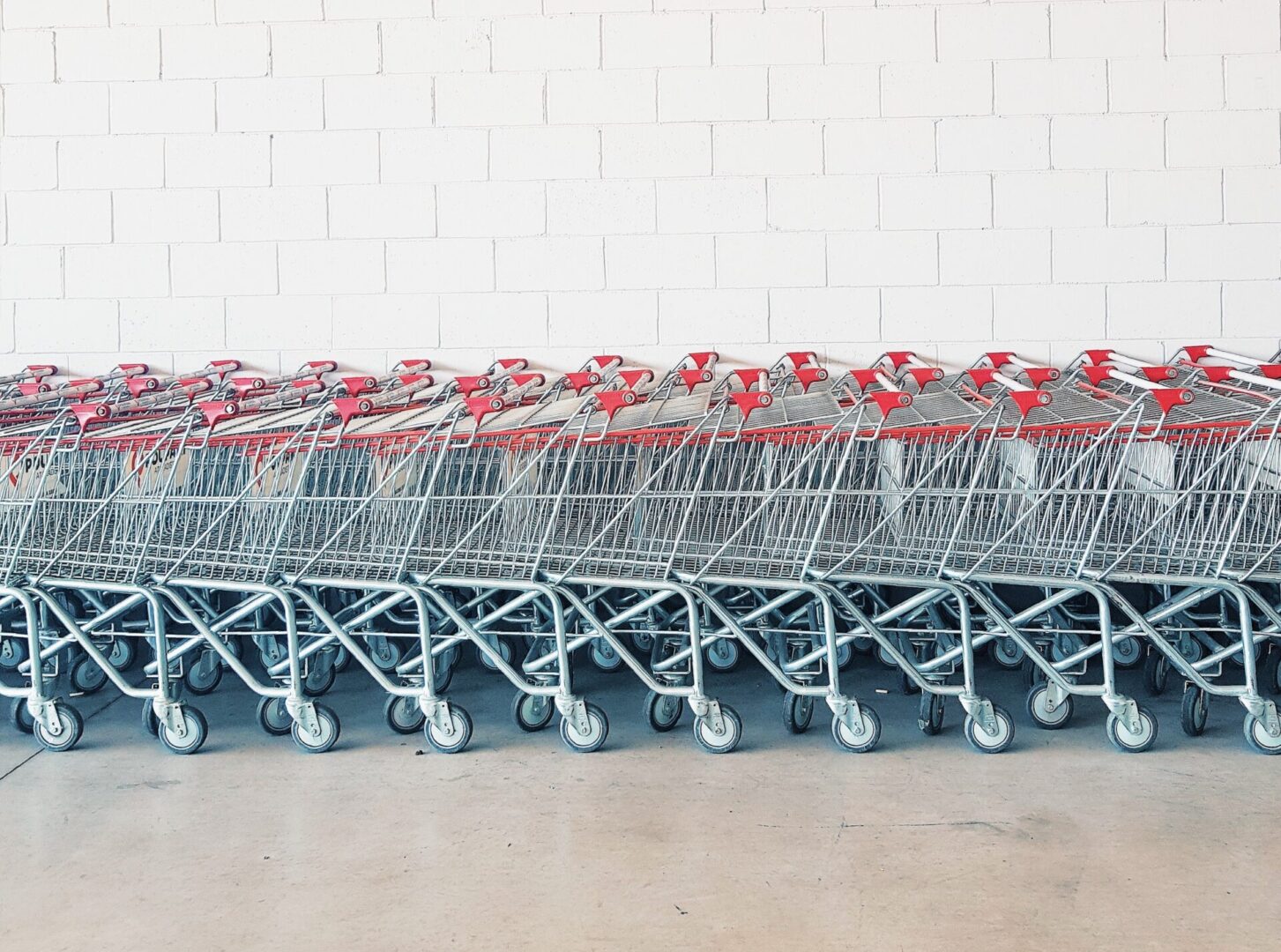Tuesday, as the dogs sniffed the dewy grass, the foggy morning sun among the mist gave the arching trees an aural glow. Some leaves have already started to fall, but they’re just a fraction of the radiant magnificence to come in October. Tomatoes are ripening each day as the late summer sunlight turns them from green to orange to red. Groundhogs and chipmunks find their way to some of the ripe ones.
The natural world around us offers lessons. One of those lessons is patience. Another lesson is the magnitude of the world around us.
The writer Joseph Conrad, who knew a thing or two about living with the elements of the natural world once said: “I remember my youth and the feeling that will never come back anymore — the feeling that I could last forever, outlast the sea, the earth, and all men.”
Today, the tools and devices of the modern world have done their best to destroy our patience with their immediacy. They’ve taught us to underestimate the magnitude of the world around us. They’ve given us outsized expectations of how perfect life should be and of how important we must be to so many people.
It has helped create a gap between unrealistic expectations, the patience it takes to accomplish things and the reality that often smacks us in the face. That gap between expectations and reality is where mental health issues can take root. Luckily, attitudes about those issues have changed from condemnation to understanding and healing.
Among technology’s mistakes was inventing the reversible smartphone camera lens that can take pictures of ourselves. We started to focus more on ourselves rather than outwardly at the world beyond us. It created a sense for so many people that they are always the main character in the world’s ongoing narrative.
And at a time when people are telling one another which pronouns we prefer, see how many times we use the pronouns I/me/mine. It can be quite revealing.
But can you blame us? The current generation of parents created the “everybody gets a trophy” world that raised the next generation. We barely let them out of our sight without organized activities and we gave them social media that exploits them. And after all that and the isolation during COVID, we expect them to end up like we did?
And the adults, too, became self-absorbed social media addicts and started to act like middle school kids posting pictures through filters to make us look 20 years younger. Truth is, we look clownish.
And in spite of us, they’re pushing for change in the world around them. That is a good thing. But we’ve not shown the example of the patience that true meaningful change takes. We’ve shown them a phony online social media world where they must always be in the right place at the right event. We never post reels or pictures of the small building blocks of life.
It all starts with the little things. As the Bible tells us “Whoever can be trusted with small things can also be trusted with big things.”
And when looking for the small things there are examples in our everyday lives.
Every day in supermarket parking lots people unload their bags into their cars. After they’re done some people leave carts where they parked, others leave them haphazardly just outside the rack or put the big carts in the small cart area of the rack.
But a small group takes their carts back and pushes all the other carts already there all the way forward. Just a few seconds of their lives make it easier for the employees that bring the carts back in for us. Sure, it’s a small thing. It will never go viral. But it shows a respect for someone else who does that job in sun, rain, heat, cold and days when snow and ice fall from the sky.
America right now could use more volunteer “shopping cart wranglers.” As with so many other examples in life, it only takes a small effort to ease the lives of others. Patience and empathy are among the most valuable commodities to true citizenship. And we have always been at our best when we were big enough to reach, extend a hand and lift one another.
Ralph Waldo Emerson’s words spoken so many years ago still point a way forward for all of us: “To leave the world a bit better, whether by a healthy child, a garden patch or a redeemed social condition; to know even one life has breathed easier because you have lived. This is to have succeeded.”
If you’ve read this far, thanks for your patience.



